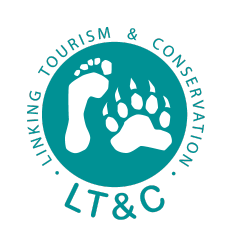 LT&C-member and coordinator of our Education & Training Working Group, Sven Åke Bjørke, just published the e-book “A greener future” introducing the reader or course participants to the main relevant aspects of global warming, climate change, green economy and sustainable development.
LT&C-member and coordinator of our Education & Training Working Group, Sven Åke Bjørke, just published the e-book “A greener future” introducing the reader or course participants to the main relevant aspects of global warming, climate change, green economy and sustainable development.
The e-book has been produced in cooperation with LT&C Co-Founder GRID-Arendal, and covers in chapter 6 also „greener tourism“. It is an excellent tool covering all the wider frame of sustainable development, including the important decision of the entire world on the Sustainable Development Goals (SDGs).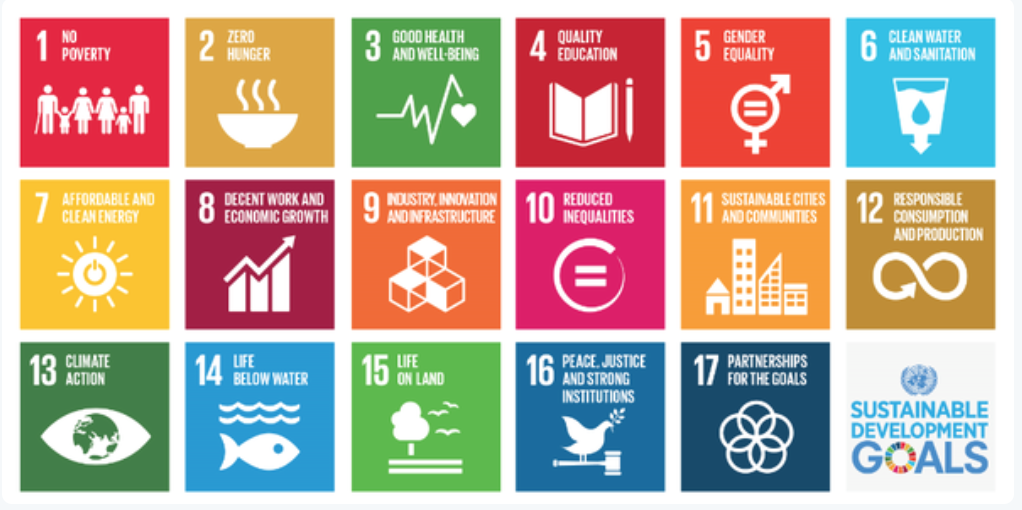
The e-book can be read as an interactive course-book for an individual. It can be used as an online learning resource by students and teachers at any level in secondary schools and at tertiary levels of education.
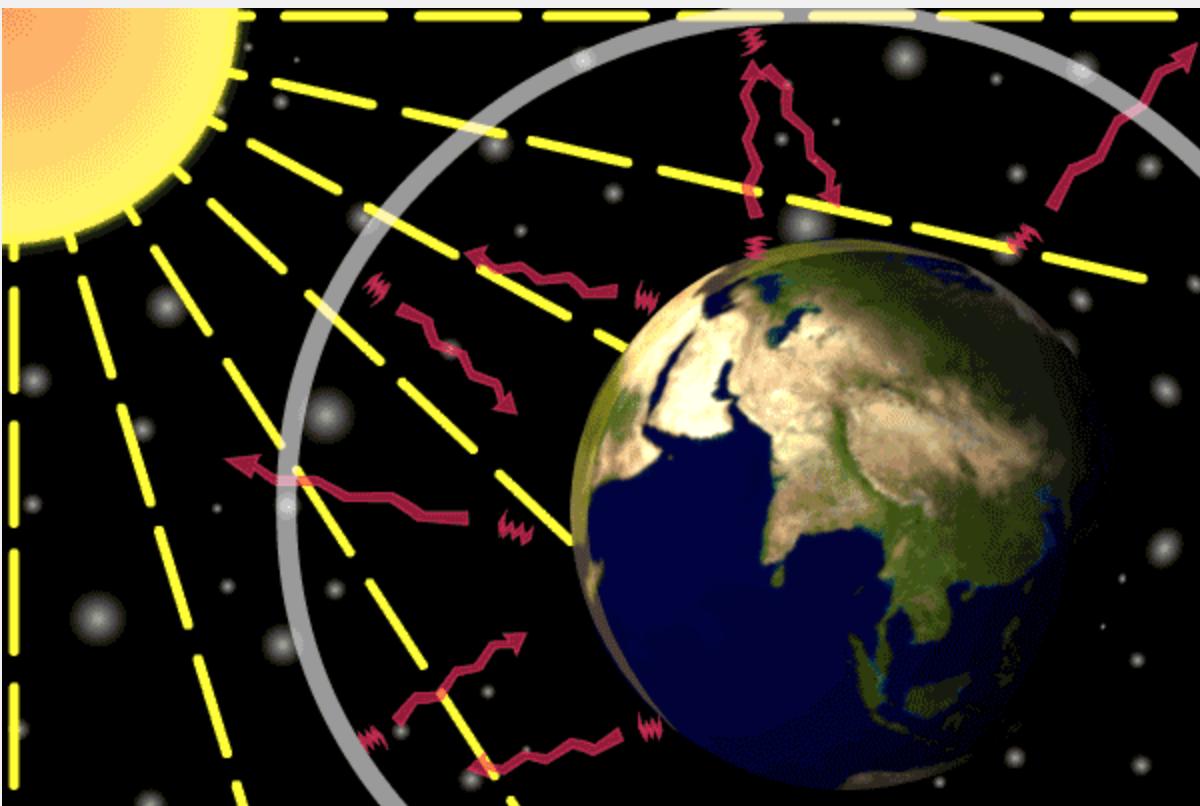
It can be used as a course-book for group meetings in ordinary classrooms or as a learning resource in a MOOC-style course.
It is a main idea that this e-book can be used as a learning resource in a “flip-the-classroom” approach, where students go through a page or a chapter at home, and then discuss the issues in the classroom.
The e-book can be displayed on PCs, laptops, I-pads and modern mobile phones.
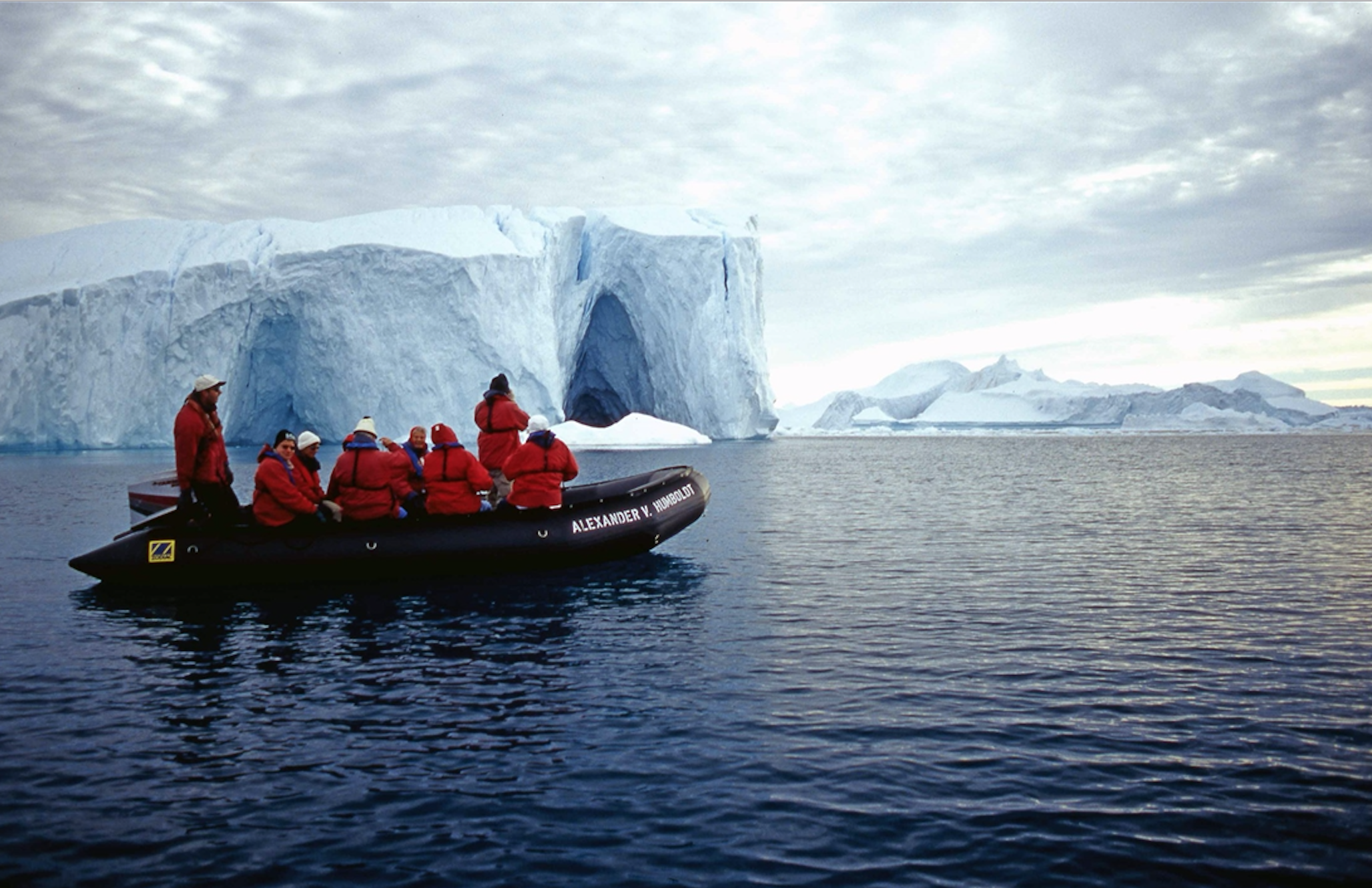
The main topics are global warming, climate change, depletion of ecosystems and impacts on the environment, our way of living, the economy and the possibilites for a more sustainable development.
The e-book combines natural science, social science, economics, technology and law, giving a holistic perspective on some of the major current problems our societies are facing.
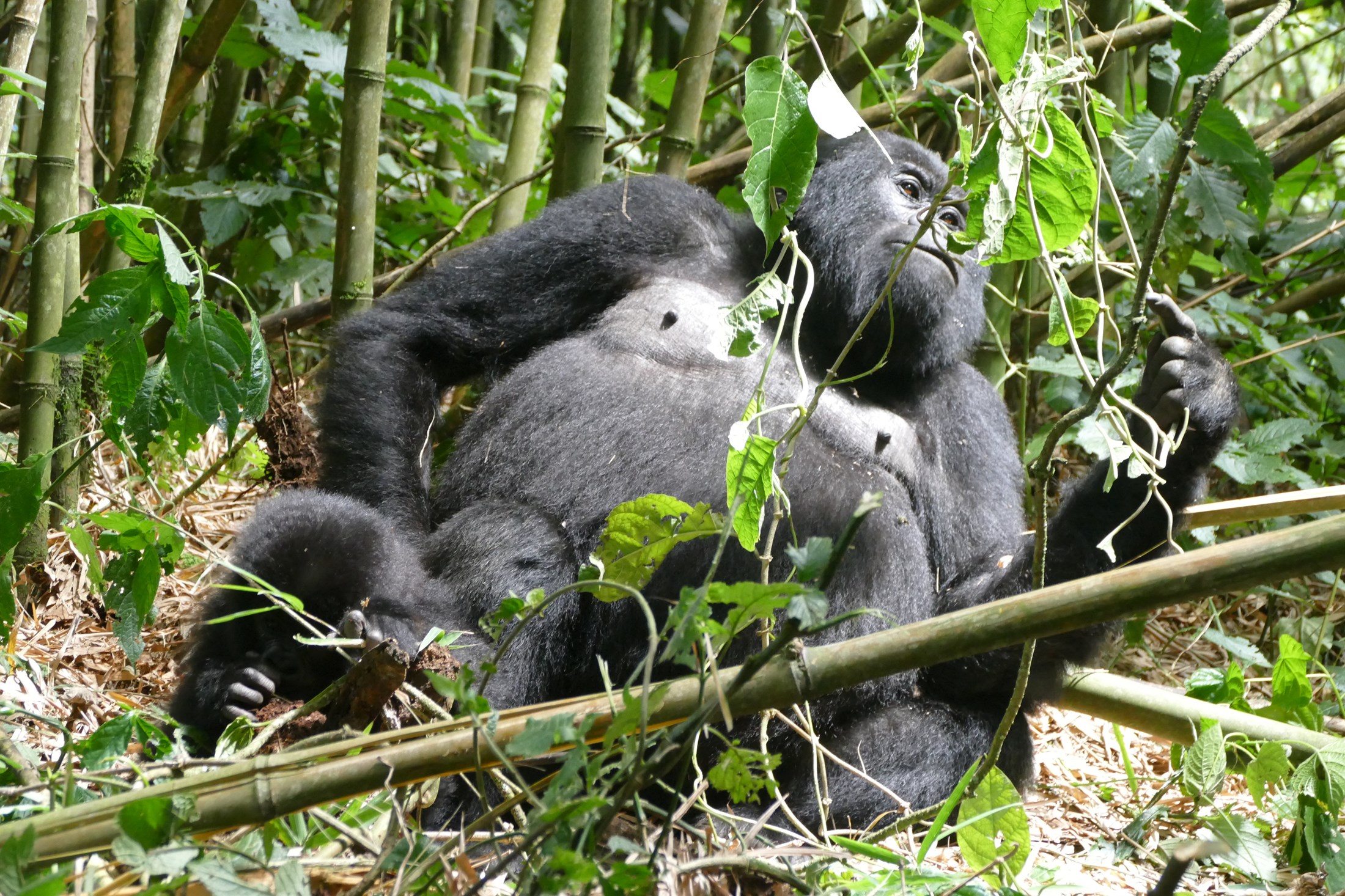
The introductory texts to each topic are “generic”, in the sense that the content is valid and reliable everywhere, supported by several authoritative sources. The text can be read as a cohesive narrative, or each page independently. And it can be by yourself adopted to your local or national conditions and needs. It is a living document, which will be permanently updated.
The texts are as a rule non-academic, basic information “in a nutshell”, giving the minimum necessary for taking part in a discussion. Every page offers additional reading, movies, quizzes, learning activities and lectures for those who want to learn more.
The e-book is a creative commons project. Universities, schools, NGOs and environmental organisations are free to copy it.
